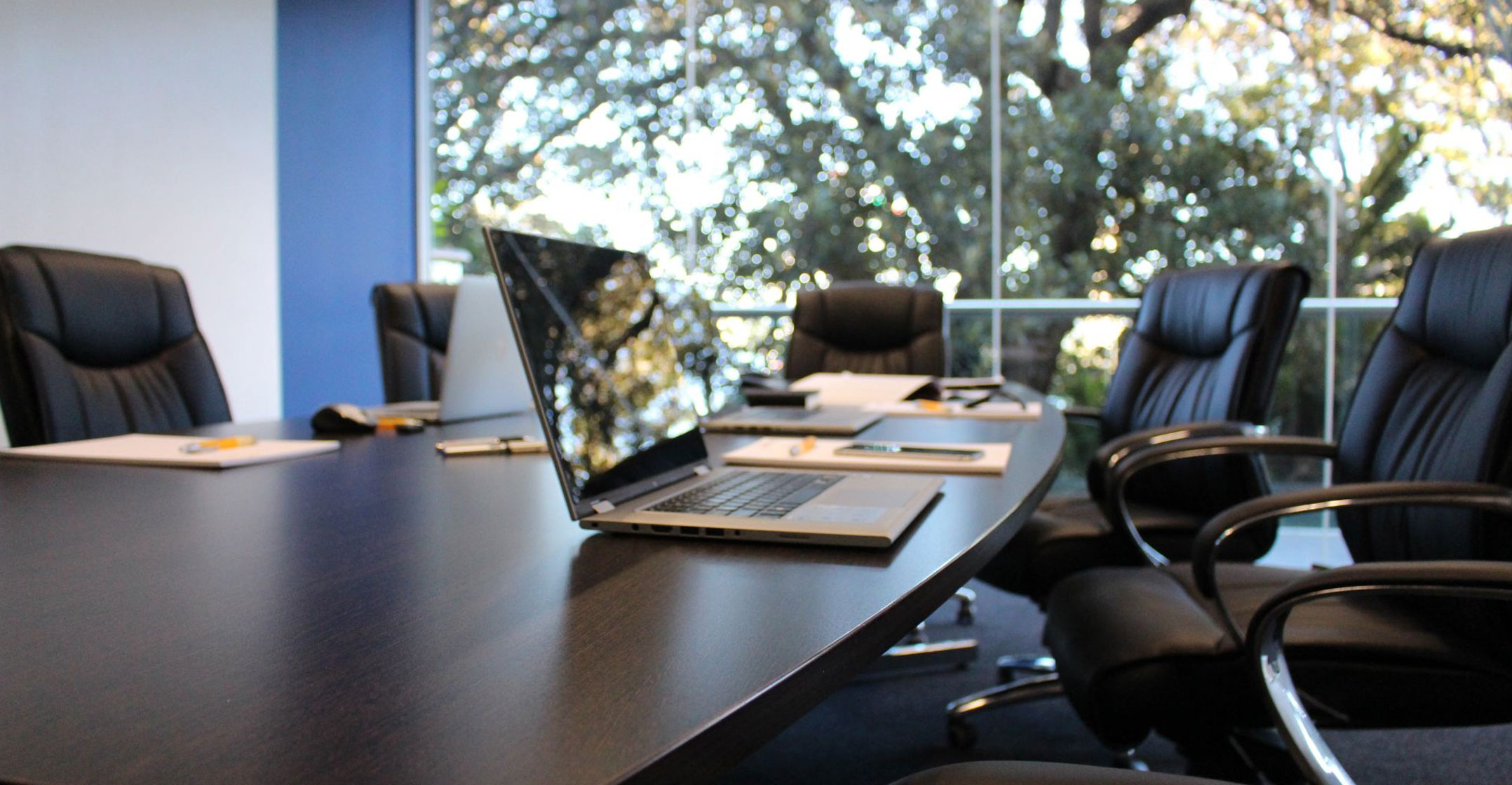 The retail property sector may have been hit hard by the initial lockdown to curb the spread of Covid-19, but South Africa’s struggling office property sector faces a potential longer-term threat if the work-from-home paradigm shift takes hold.
The retail property sector may have been hit hard by the initial lockdown to curb the spread of Covid-19, but South Africa’s struggling office property sector faces a potential longer-term threat if the work-from-home paradigm shift takes hold.
Property economists Rode & Associates warn that the pandemic may advance the trend of working from home in their latest Rode Report on the South African Property Market (Q2: 2020).
“Companies might reduce their required office space as more employees work from home on a permanent basis, leading to a prolonged oversupplied market,” Kobus Lamprecht, head of research at Rode & Associates, noted in the report.
He said, however, that the impact of this trend “will be offset somewhat” by more space required per employee in order to adhere to Covid-19 social distancing guidelines.
Lamprecht said that due to its significant oversupply, the office property market was in deep trouble even before the advent of Covid-19 in the country in March.
Citing statistics from the SA Property Owners Association (Sapoa) Office Vacancy Report for the first quarter of 2020, he noted that decentralised vacancy rates nationally for Grade A and Grade B offices combined averaged 11.1%.
“This was up from 10.6% in the fourth quarter of 2019 and the worst rate since early 2004. We expect vacancy rates to increase sharply over the rest of 2020 and into 2021 as more companies close,” he noted.
Flexible workspaces
Sapoa’s report, which came out in April, also highlighted the impact of Covid-19 on the sector, including an increase in remote or flexible workspaces. Sapoa’s Office Vacancy Report for the second quarter usually comes out in late July.
Another report that zoned into this expected shift in the office sector is First National Bank’s Commercial Property Broker Survey for the second quarter of 2020, which was published last week.
FNB property strategist John Loos, who penned the report, noted: “Remote work has become a key potential challenge to office market performance on top of South Africa’s long-term economic stagnation.”
 He said that a “very significant” 38% of brokers surveyed by FNB believed that companies were “busy reconsidering their office space needs” due to a greater portion of their workforces working remotely post lockdown, and possibly reducing their office space.
He said that a “very significant” 38% of brokers surveyed by FNB believed that companies were “busy reconsidering their office space needs” due to a greater portion of their workforces working remotely post lockdown, and possibly reducing their office space.
“A significant portion of brokers are thus perceiving what has been much talked about ever since lockdown forced a major portion of office staff to work from home,” he added.
Meanwhile, in the Rode Report Lamprecht said that the Covid-19 pandemic is expected to “prolong the oversupply situation” in the office property market and that “a sustained upturn” is now several years away.
“We expect the real impact of the coronavirus crisis will only be seen in coming quarters as transaction volumes increase. Leases that come up for renewal will see sharp rental reversions, as most landlords aim to keep tenants as the risk of finding good new tenants in this market is high,” he said.
However, he added: “A positive aspect for the market is that international and domestic Reits (real estate investment trusts) have reported a high percentage of rental collections in April and May, probably as most companies that were forced to close their offices could work from home and still obtain some form of income.”
Lamprecht said companies that have been more severely hit by the lockdown have received rental holidays or steep discounts.
“Despite reporting high rental collections, office-focused Reits have struggled on the JSE in 2020 on concerns about long-term demand prospects as the coronavirus crisis could lead to a new ‘work from home’ paradigm.”
- This article was originally published on Moneyweb and is used here with permission




